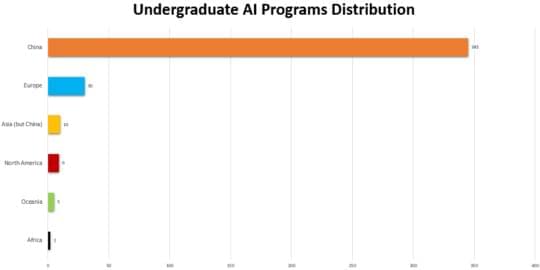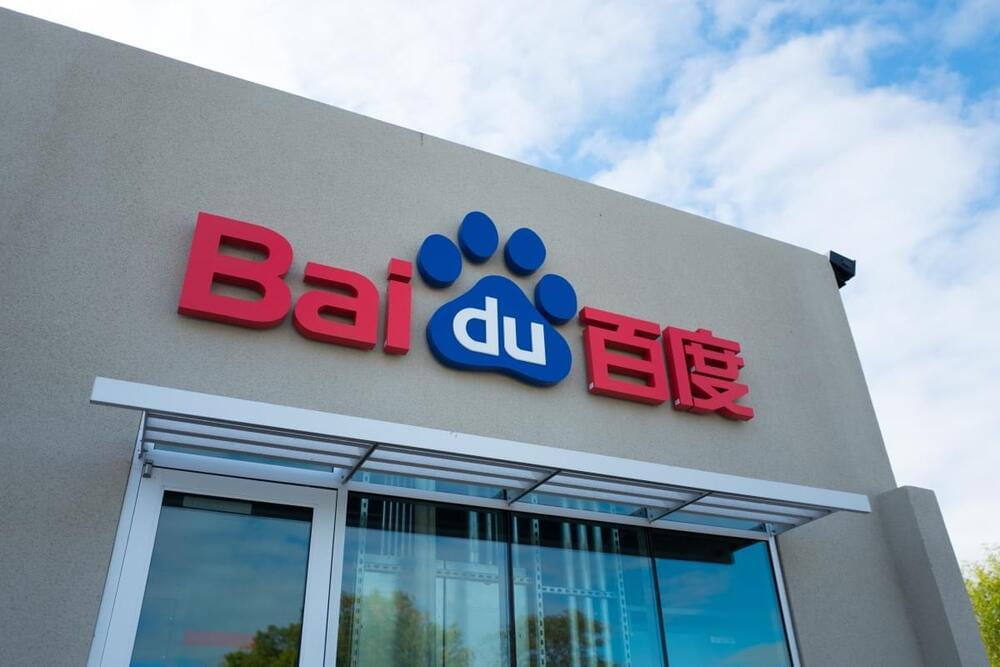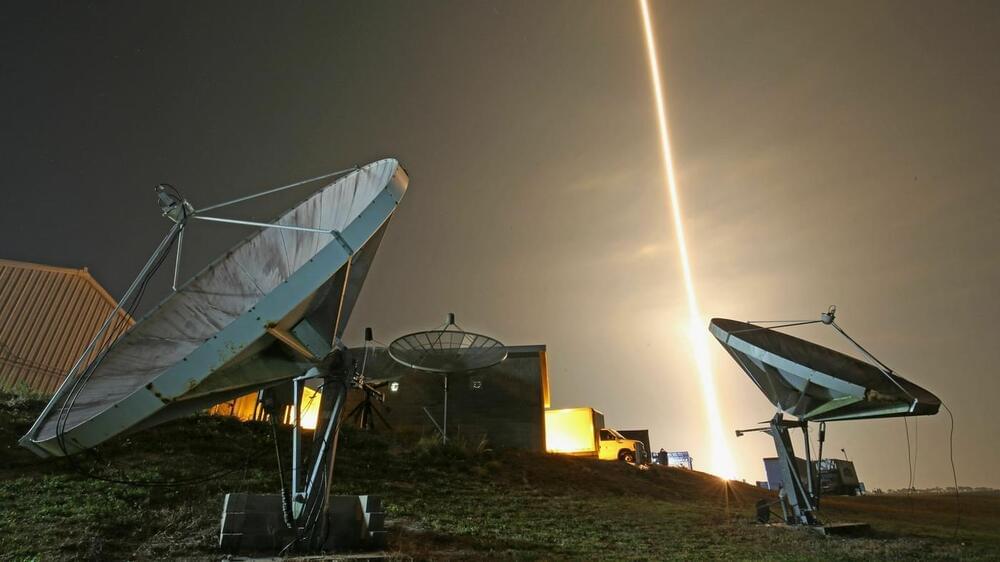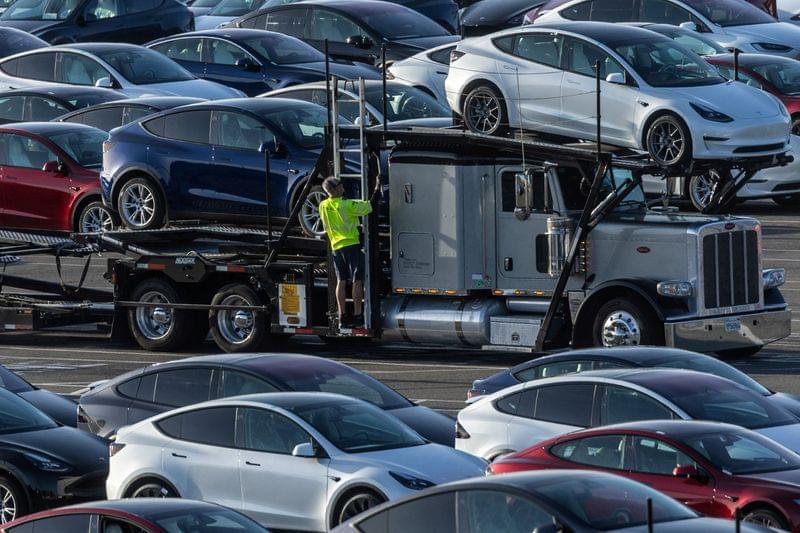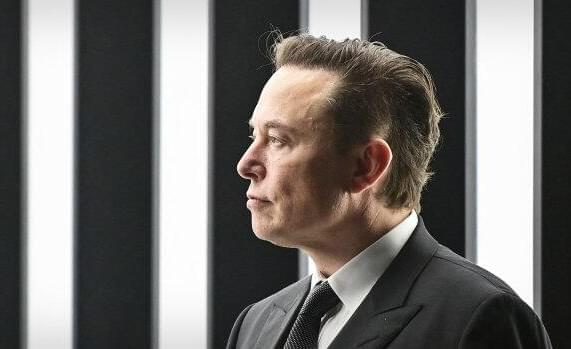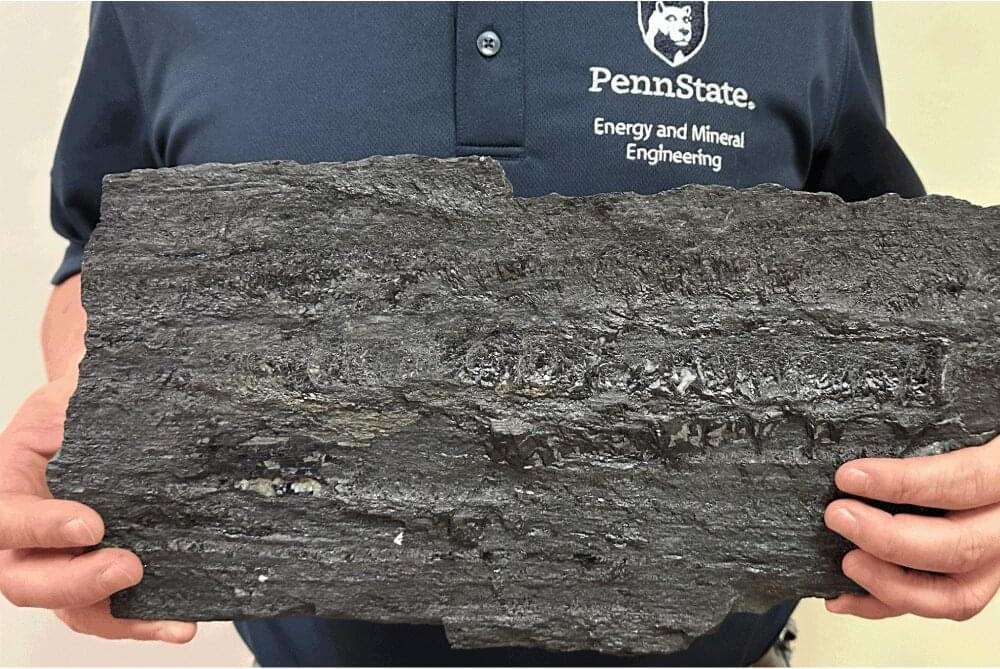Long considered the lifeline of the world’s most populous country, the 170-year-old system has seen rapid expansion and modernisation under Prime Minister Narendra Modi’s push to boost infrastructure and connectivity in the fast-growing economy.
This year, the government made a record 2.4-trillion-rupee ($30 billion) capital outlay for the railways, a 50% increase over the previous fiscal year, to upgrade tracks, ease congestion and add new trains.
A new, semi-high-speed train built in India and called the “Vande Bharat Express”, or “Salute to India Express”, is showcased as evidence of this modernisation, with Modi himself flagging off the first journeys of many of the trains around the country.

